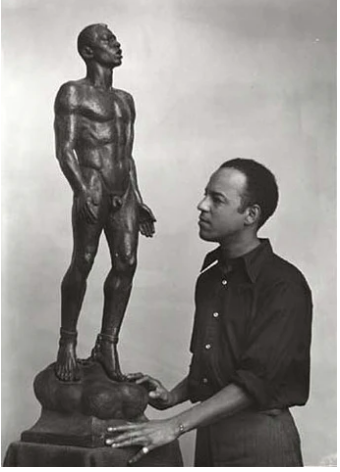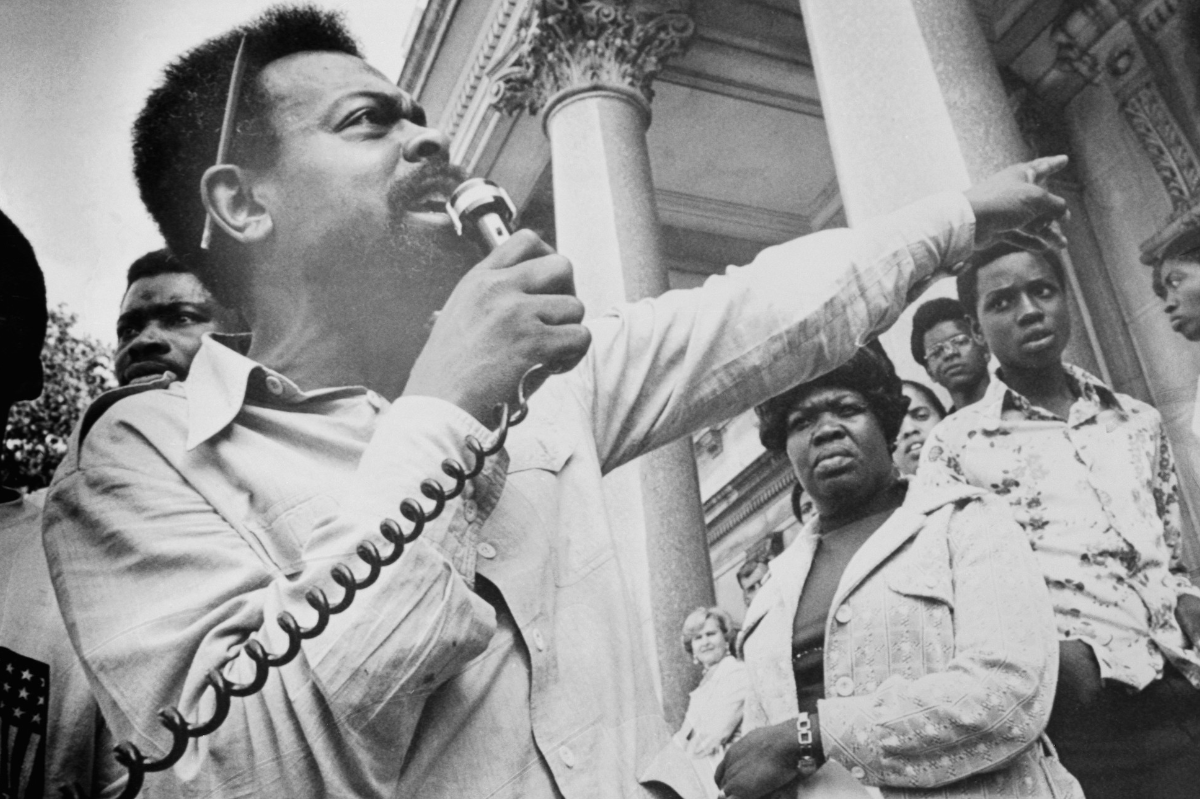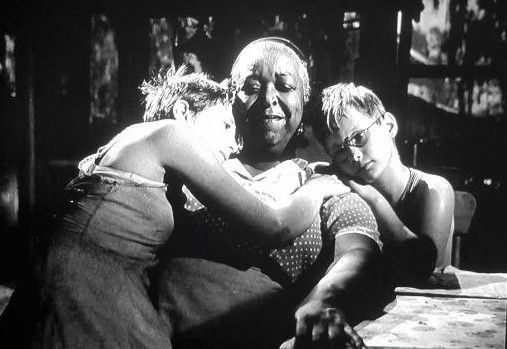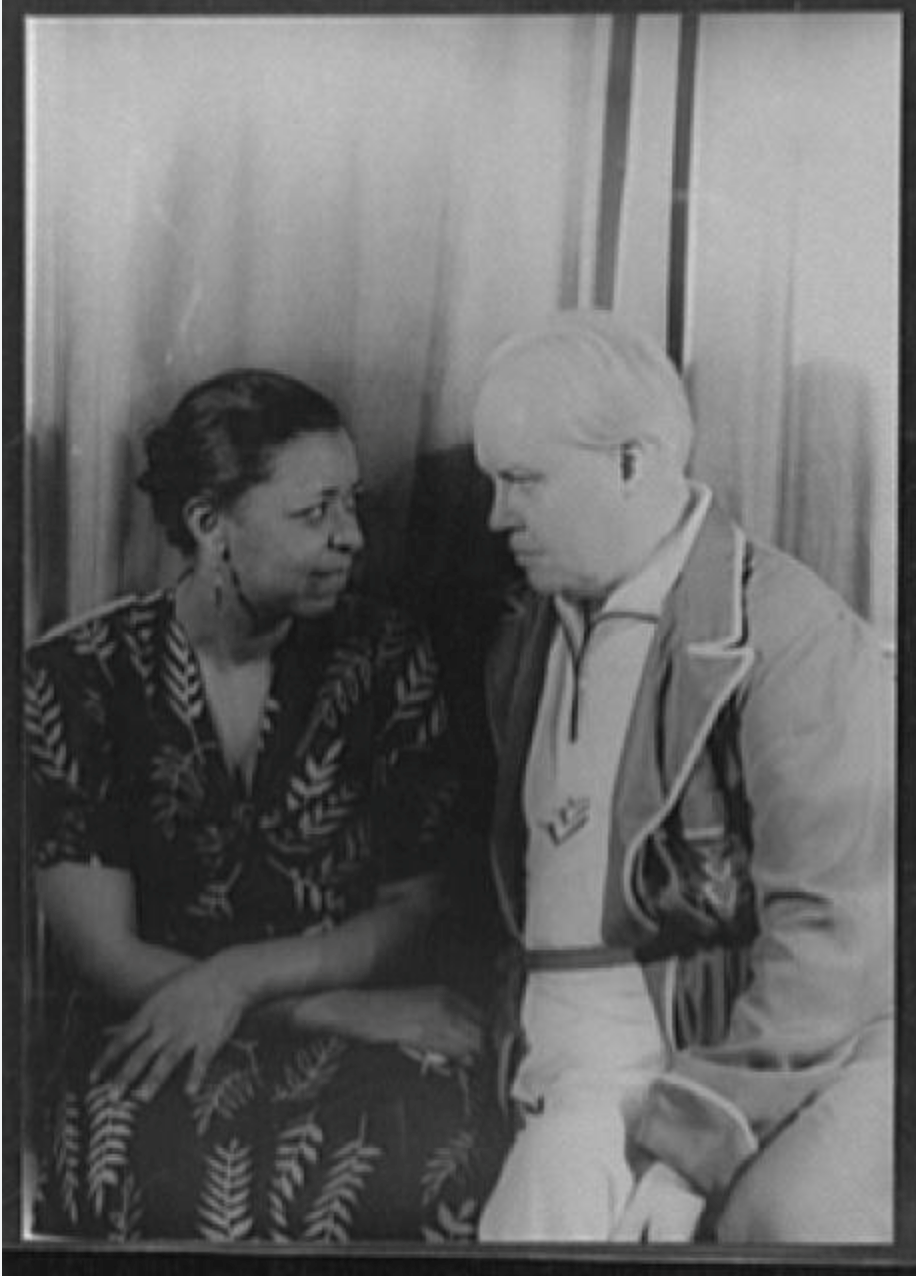Moonlight - Oscar's "Best Picture" Game-Changer

The breakout film of 2016, Moonlight, can be described in two words: instant history. For the first time, we see a film with African American and gay themes reach groundbreaking box office success -- and this with a budget of only 1.5 million, Moonlight performed exponentially well by raking in 55.8 million. In yet again instantly historic fashion, Moonlight was awarded three Academy Awards for Best Supporting Actor, Best Adapted Screenplay and, the most coveted, Best Picture. Contrary to the well-publicized award ceremony snafu, Moonlight’s stellar ascension is no mistake.
With it’s unconventional triptych story structure and un-American reliance on silence, Moonlight feels influenced by foreign films. Sitting in the stillness or tension of the moment, the audience is left to interpret the meaning in subtle facial expressions and words unspoken. The characters communicate in a non-verbal language composed of lip biting, finger licking and side eye. As a Black man, I found this to be very genuine. Culturally, we “speak” two languages, one overlaying the other, one vocal and the other silent, one public and the other received only by the initiated. Theresa perfectly demonstrates this point during the scene where Little asks innocently, “What’s a faggot?” As Juan struggles to find the words, Theresa silently guides the conversation along using nuanced frowns and rapid headshakes.
Moonlight serves up everything from nightmares to wet dreams. Demonstrating the fullness of each character, we see the protagonist, Chiron, playing the changes from running for his life as a child to breaking a chair over someone’s head as a teenager to tenderly leaning on his first love as an adult. Moonlight subtly exposes the audience to a wide range of human contact: the same hand that rinses Chiron’s seed in beach sand repeatedly strikes Chiron to the ground. The circle of children seen playing show-and-tell with their privates are seen as teenagers kicking their former friend while he's down. It’s great to see a film that gives Black actors an opportunity to display such range.
One of the qualities that makes Moonlight so poignant and powerful is the cast of multi-dimensional, dynamic Black characters. In America, where we have grown accustomed to flat stereotypes of minorities as props (street urchins or comic relief), it’s enlivening to see a story showcasing complicated and nuanced African Americans. Unfortunately, it is rare to see inner-city Blacks represented in such a compassionate and human light. Black’s hard, muscular exterior sheaths his softness, vulnerability and sensitivity. Juan, a local dealer, rides herd on the dope boys working in his community but also gently cradles Little, the young protagonist, in the deep blue ocean.
Some people appreciate mystery; some do not. In my conversations with people about Moonlight, I’ve heard two different responses to the film: (1) “Moonlight is a game changer! I love it! Everyone should see it!“ (2) “I don’t see what all the fuss is about, there’s no ending.” What seems open-ended in films to some comes off as unfinished to others. (What happened to Theresa?) Moonlight’s final shot of Chiron and Kevin leaning tenderly on one another deprives us of the gratification of a happy ending or knowing what the ending is. We find ourselves aching to see more. But unless there is a sequel, we will never know whether Black was touched again. As the credits roll, we are forced to imagine for ourselves what’s next for Chiron and Kevin.
This is a film that would be great by any measure, the blue-violet color palette, the superb acting, the rich characterizations, but the fact that it set its gaze upon the humanity of a Black, gay man in the projects -- instant history.
Recent Posts




SHOGA FILMS is a 501(c) (3) non-profit production and education company. We create multimedia works around race and sexuality that are intended to raise awareness and foster critical discussion.
Contact Us
All Rights Reserved | Shoga Films
Stay Connected
Thanks for subscribing!
Please try again later.


